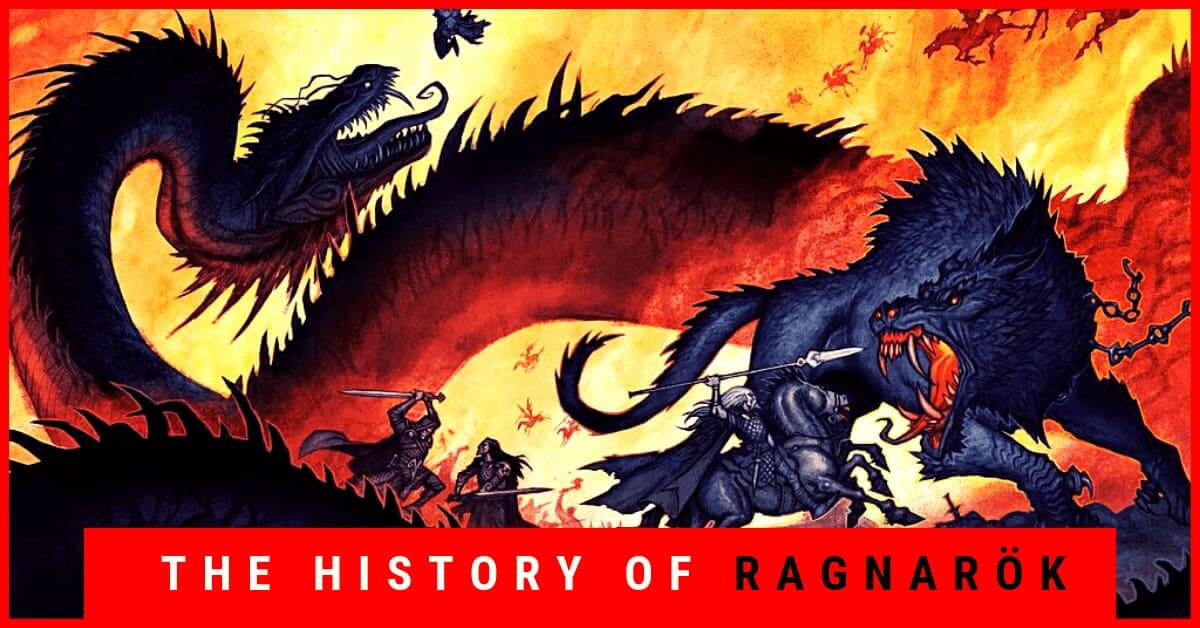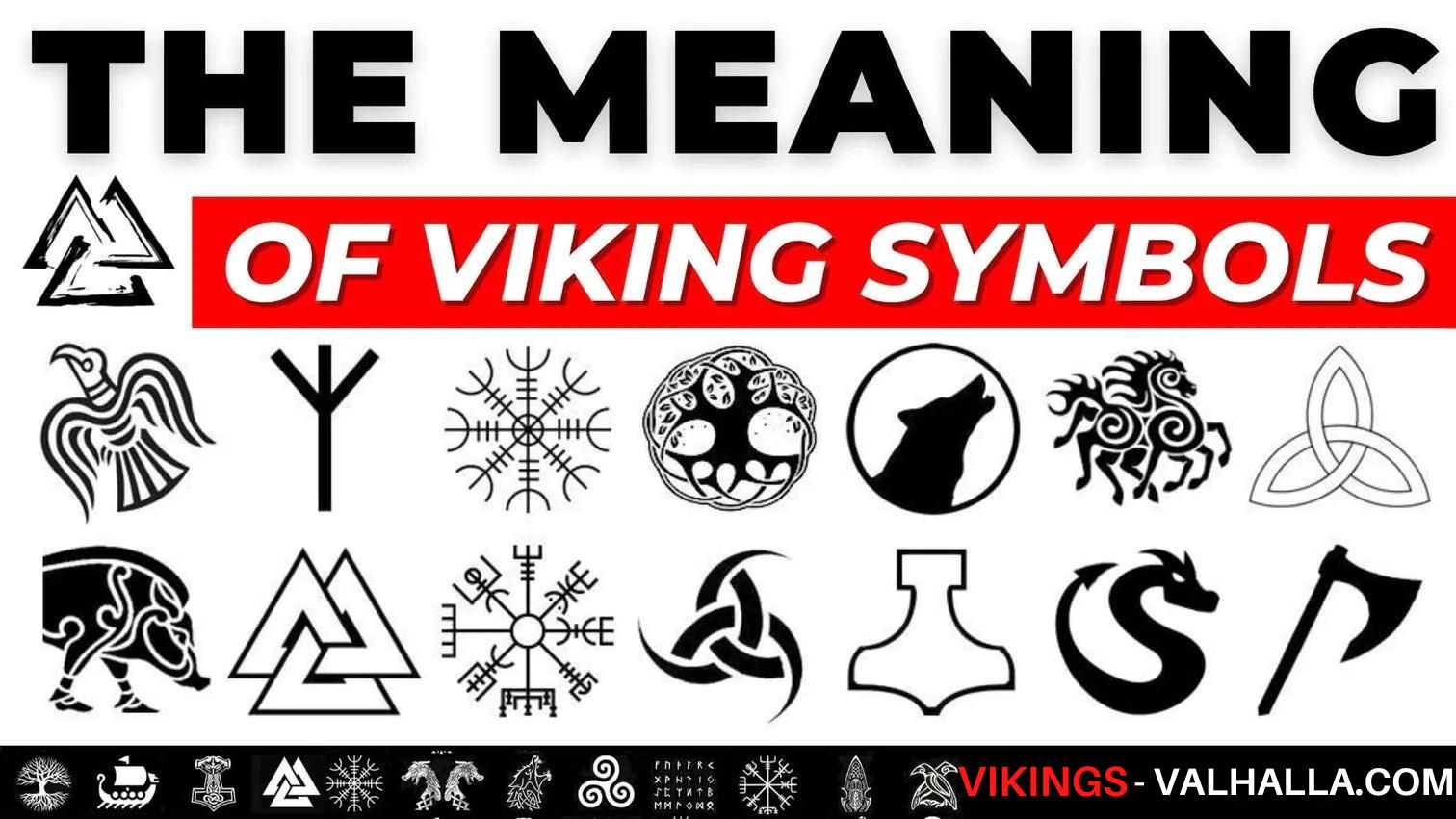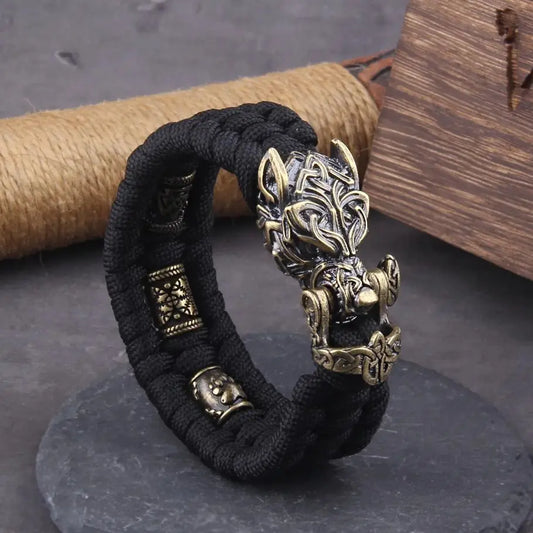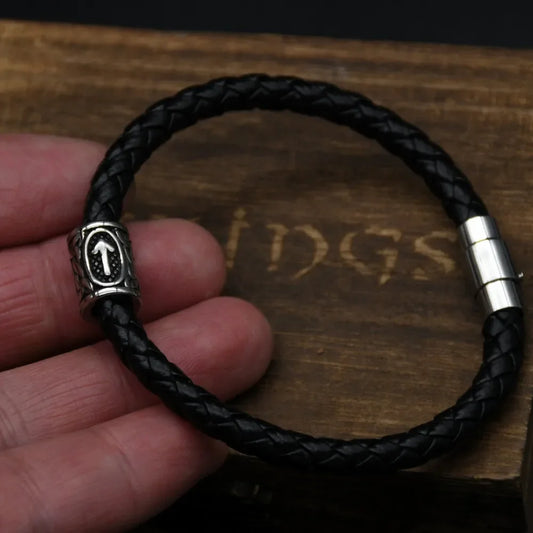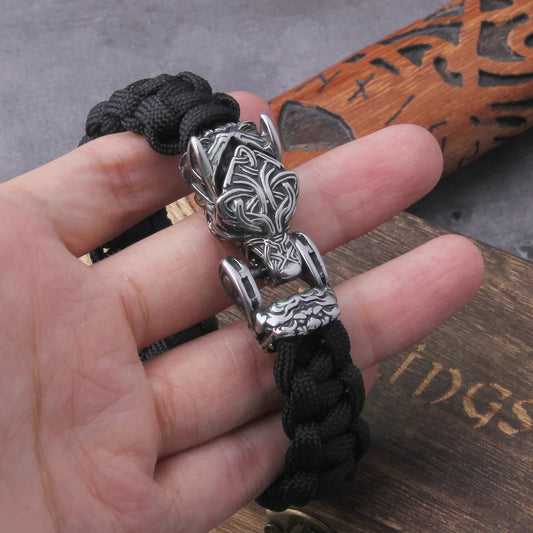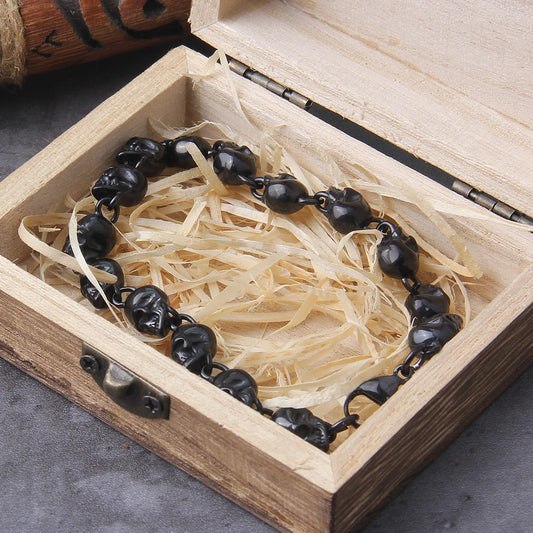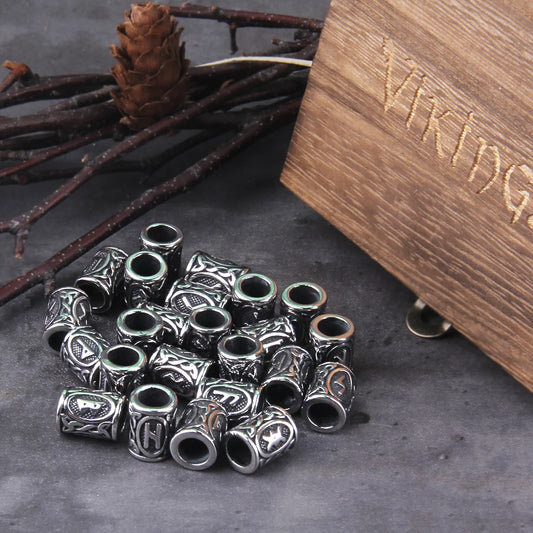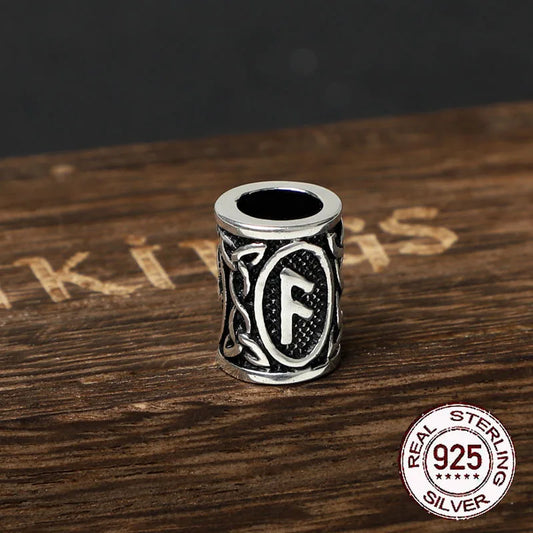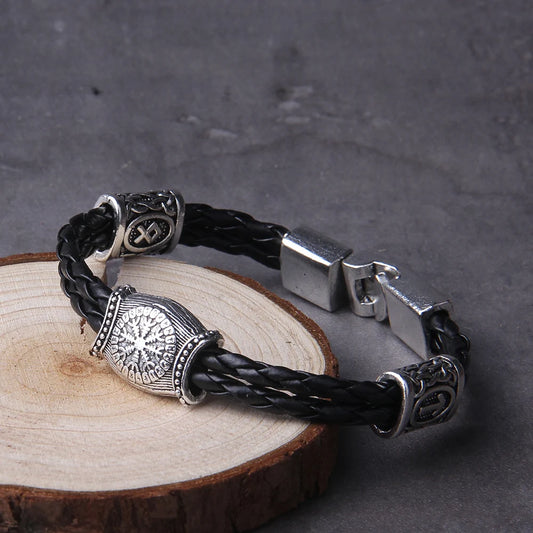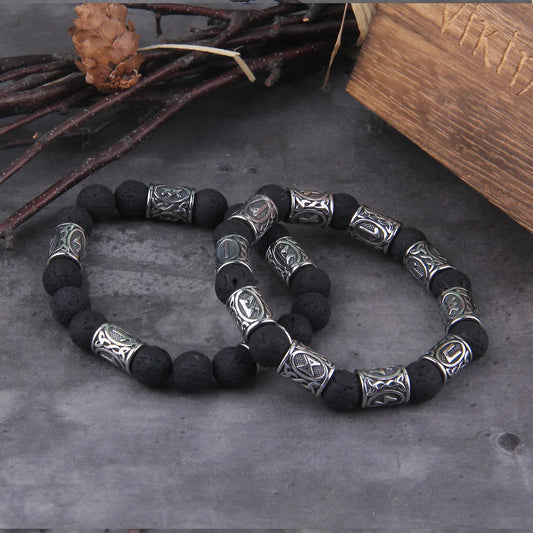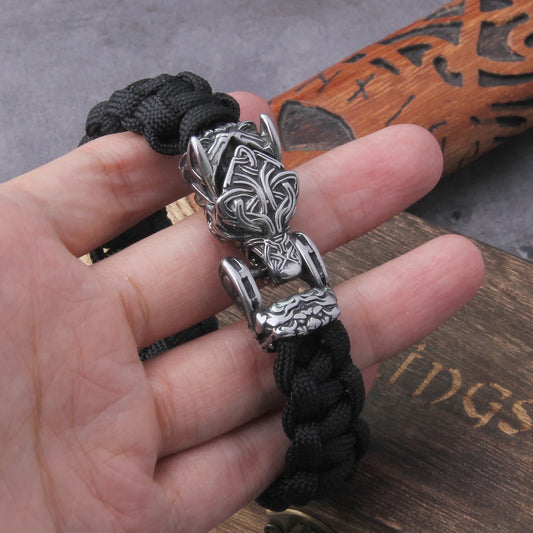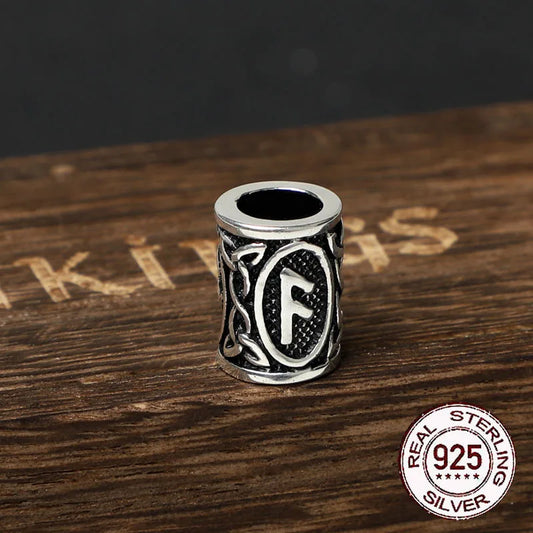In Norse mythology, Freyr is the son of Njord and Skadi and the brother of Freya.
He is the god of rain, the rising sun and fertility. He is one of the Vanir, who live in Vanaheim. As a fertility god, Freyr possessed the summarbrander (the "sword of summer", which could move and fight alone in the air), but he abandoned it to conquer Gerda, a virgin giantess.
He owns the golden boar Gullinborsti, a gift from the dwarves Sindri and Brokk, which pulls a chariot as fast as a galloping horse, and whose glow illuminates the night; also the ship Skidbladnir, and a horse that ignores all obstacles. He is the favorite god of the elves.
He is one of the most important gods of Norse paganism. Freyr was associated with sacred kingship, virility and prosperity, with the sun and good weather, and was depicted as a phallic fertility god, who "bestows peace and pleasure on mortals".
Freyr, sometimes referred to as Yngvi-Freyr or Ingunar-Freyr, is especially associated with Sweden and regarded as a mythological ancestor of the kings of the Swedish royal house. Freyr is mentioned in Snorri Sturluson's Heimskringla as the first king of the House of Yngling, a dynasty supported by legend, protohistory, and the earliest historical monarchs of Scandinavia up to the Viking Age. His successor was Fjölnir, the fruit of Frey's relationship with his wife Gerd.
Freyr and Freya
It is said that Freyr and Freya are the children of Njord and Skadi, and she in turn was a daughter of the giant Thiazi. They are a matched pair of gods, as was the case with Dianus and Diana, Liber and Libera.
In Sweden, Freyr was worshipped as the main god and associated with the sun. Through his attributes, he is also conceived as the god of fertility and hunting.
Freya, on the other hand, is associated with the moon through her attributes and is also referred to as the goddess of love.
Freyr belonged to the Vanir, who were mainly fertility gods. He courted the daughter of the giant Gymir from Jotunheim. Their son Fjölnir was to become one of the legendary kings of Sweden. After the War of the Aesir and Vanir, Freyr was considered to belong to the Aesir and received a worship equal to theirs.
Freyr and Gerd
Once Freyr had sat down on Odin's throne Hlidskialf, from which the sky god could overlook the entire world. When he directed his gaze to Jotunheim, he saw a beautiful maiden coming from the house of the giant Gymir. According to the Eddic poem Skírnismál this beautiful woman was Gerda, daughter of Aurboda.
Freyr's servant, Skirnir, offered to do the courtship. He therefore asked Freyr to give him a horse and his sword. Thus equipped, he went to Jotunheim and when Gerda asked him into the hall, he first tried to ensnare her with promises.
He offered her eleven golden apples and then even Odin's magical ring Draupnir, but she refused to become Frery's consort.
Thereupon he threatened to cut off her head with his sword. When that didn't work either, he mentioned that he had a powerful spell that would turn her into a hideous creature who would grow old unmarried and lonely. This crime leads Freyr to face the fire giant Surt at Ragnarok without his sword and die.
Cult of Freyr in the Viking Age
Boars and horses are especially sacred animals to Freyr. The boar sacrifice for harvest blessing was probably offered to him in ancient times. This is probably the origin of the boar as a symbol of Swedish kingship in earlier times. The special position of the horse appears late in the saga literature.
When Olav Tryggvason destroyed the sanctuary of Freyr, he rode the sanctified stallion and his men rode the consecrated mares. Here there was apparently the taboo that consecrated horses could not be ridden.
He ruled over rain and sunshine and watched over growth as a fertility god. His cult center was Uppsala, where he was worshipped alongside Thor and Odin. Saxo writes that an annual sacrifice was offered to him there by Haddingus and his descendants. According to Adam of Bremen this happened only every 9 years, killing men and animals.
Saxo Grammaticus writes that the Danish saga king Haddingus offered an expiatory sacrifice to the god Frø.. This is considered to be identical with Freyr. Adam of Bremen reports of a temple in Uppsala dedicated to the fertility god Fricco. Whether this was Freyr is uncertain and not very likely, since an etymological connection cannot be established.
The Ynglingasaga further reports that the fróðafriðr ("Froði peace") led to persistent good harvests during the reign of the mythical king Frodi in Denmark. Therefore, Froði is usually identified with Freyr in research. This would also be etymologically plausible, since froda means "lushness, fertility" in Old Swedish. Also the depiction of Freyr with a huge phallus fit to this.


